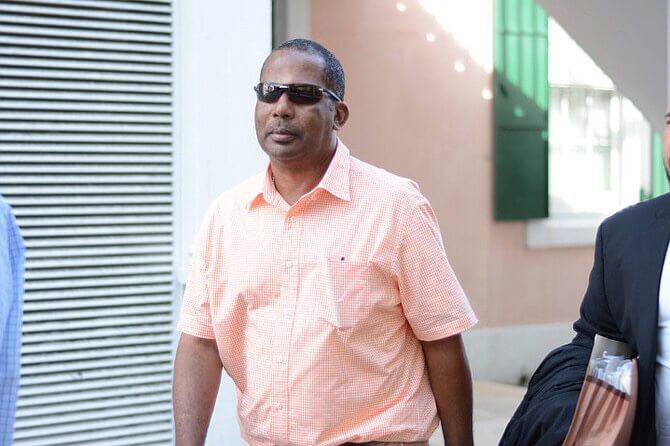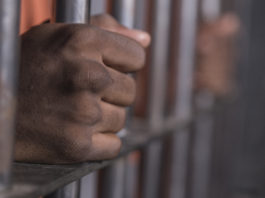
Drug lord Austin “Ozzie” Knowles has been denied early release from prison in Georgia.
In a ruling released on December 15, District Judge Robin Rosenberg said there were no compelling reasons for his release.
Knowles, 58, ended a 16-year-long fight against extradition when he withdrew an appeal to the Privy Council in 2018.
He pleaded guilty to drug trafficking offenses in Florida and was sentenced to 12 years’ imprisonment in 2019.
However, Knowles’ sentence was reduced to seven years to reflect the time spent in custody in The Bahamas. He’s expected to complete his sentence on October 6, 2025.
In a motion for compassionate release, claimed that his life was in danger due to a COVID-19 outbreak in the McCrae Prison.
Knowles said there is no social distancing at the prison and that he’s at greater risk from COVID-19 because suffers from hypertension and obesity.
He said, “I should not have to face a potential death sentence or long-term permanent health impairment from COVID-19 as a result of my guilty plea and sentencing.
“I fear for my safety and my life because the Delta Variant is widespread through the prison that I am housed in.”
However, the court was not persuaded.
Judge Rosenberg noted that Knowles has been fully vaccinated with the Moderna vaccine, which is proven to reduce the risk of COVID-19 infection by 90 percent or more.
The judge continued, “Moreover, while the COVID-19 vaccine may not be 100 percent effective, the limited risk of break-through infection does not constitute extraordinary and compelling reasons that justify release.
Knowles’ first ground for release does not show that he is suffering from a serious physical or medical condition from which he is not expected to recover and that substantially diminishes his ability to provide self-care within the prison environment.”
Knowles further argued that he’s been suffering from digestive issues that might be indicative of colon cancer.
He said that he has extensive family history of the disease.
Knowles said he’s having the same symptoms as his brother, who was diagnosed with colon cancer after he received an endoscopy. Knowles said a routine colonoscopy did not detect his brother’s cancer.
As for Knowles, he received a colonoscopy this year and a polyp was removed from his colon. He claimed that the prison refuses to pay an endoscopy due to the cost.
But Judge Rosenberg said Knowles had failed to show that any medical professional had recommended that he receive an endoscopy.




